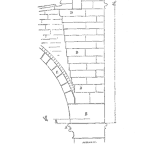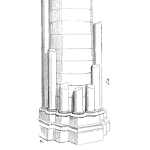
Opinion-based data is the foundation of qualitative assessments. Qualitative assessments are used in various applications, including asset management, risk management, human reliability analysis, and customer surveys. The usefulness of any qualitative assessment is a function of design, analysis, and administration. The article provides best practices for improving administering and facilitating qualitative assessments.
A Long History with Many Forms
The modern basis of opinion-based data’s scientific use can be traced from the western hemisphere to the late 1800s. Educators and psychologists were seeking to quantify their clinical observations of human behavior. A similar movement was underway in the fields of natural science and statistics.
[Read more…]











